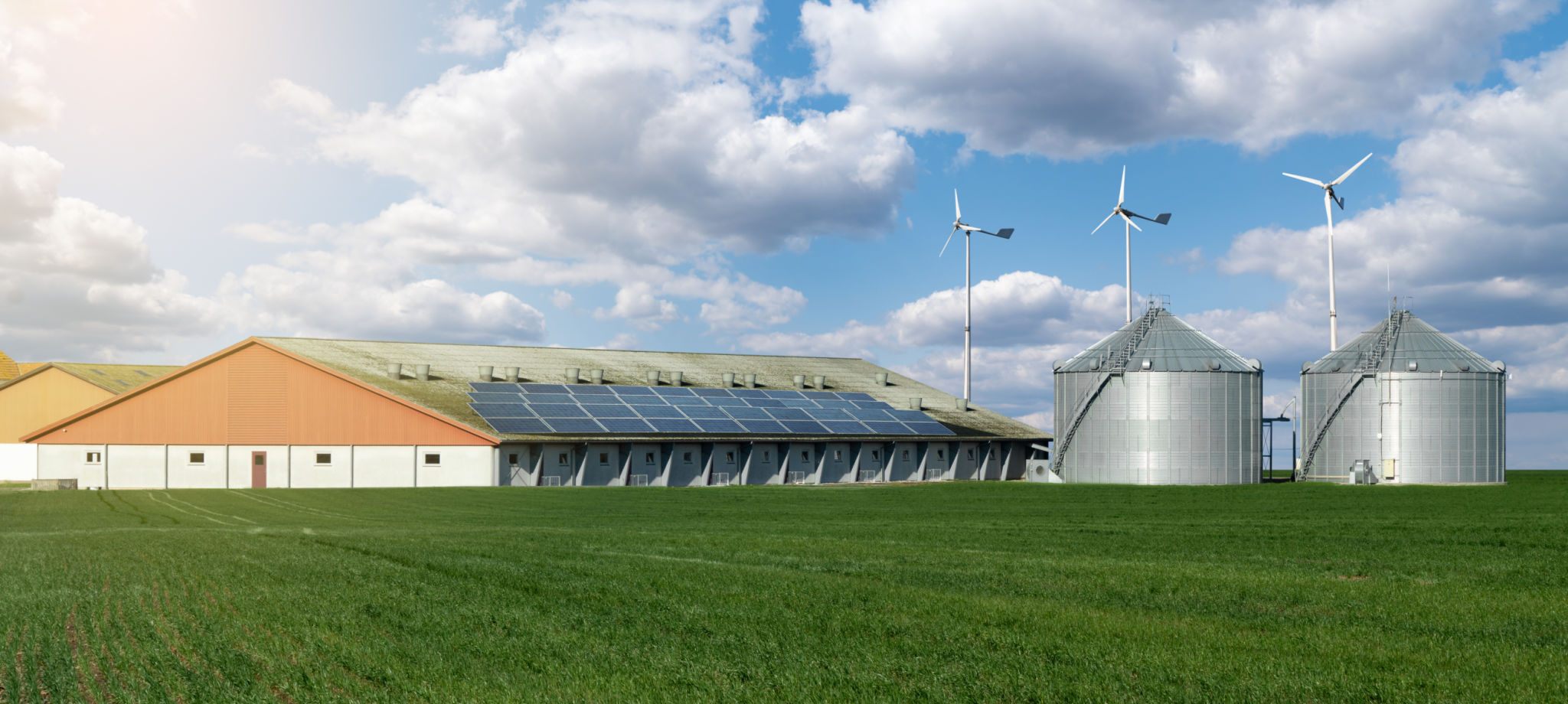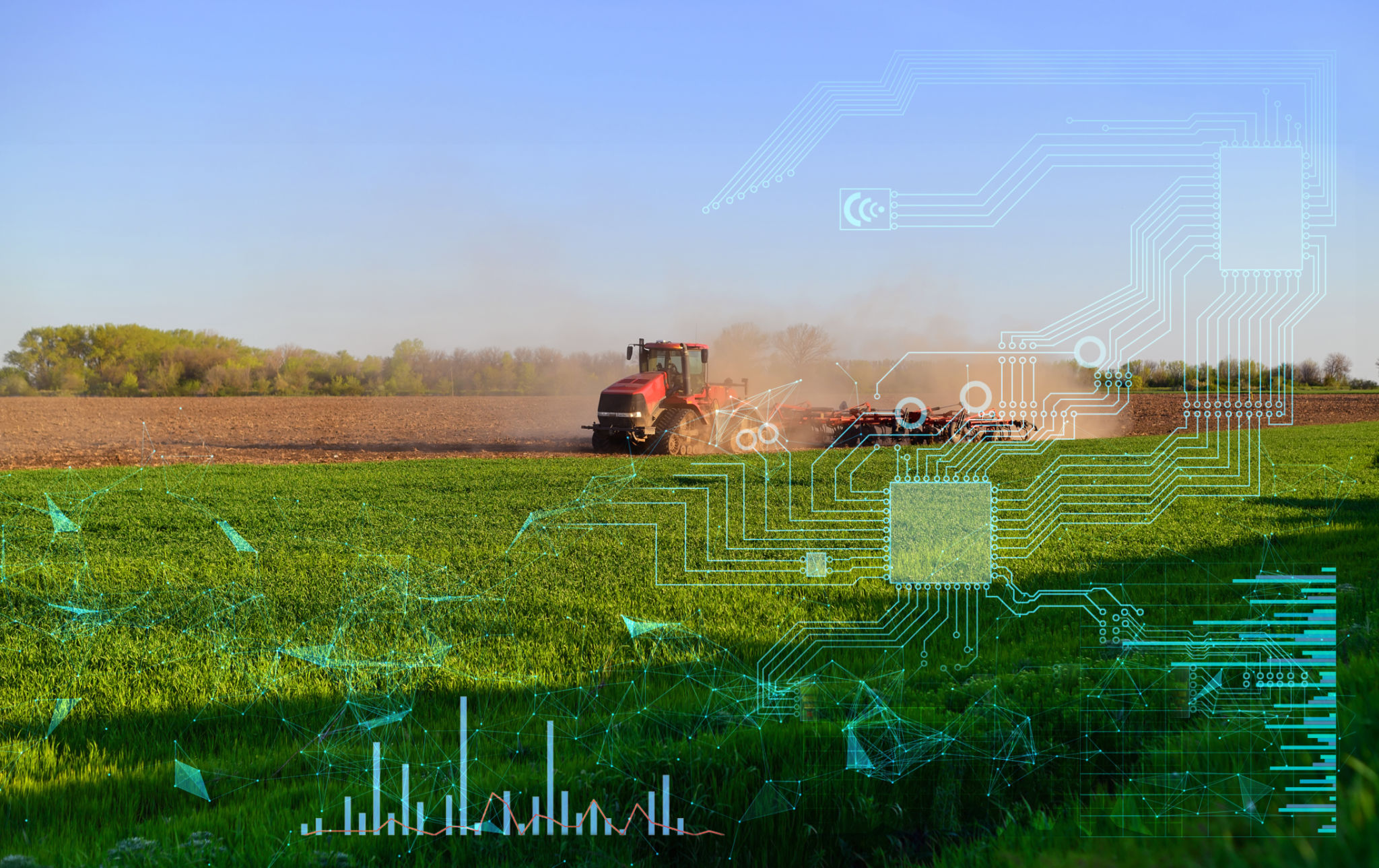Top Benefits of a Plug-and-Play Waste-to-Electricity Solution for Small Farms
Introduction to Plug-and-Play Waste-to-Electricity Solutions
In recent years, the agricultural sector has been exploring innovative ways to enhance sustainability and efficiency. One emerging trend is the use of plug-and-play waste-to-electricity solutions. These systems offer small farms a feasible method to convert agricultural waste into electric power, providing both environmental and economic benefits.
Small farms are often challenged by limited resources and financial constraints. Implementing a plug-and-play waste-to-electricity system can significantly aid in overcoming these barriers by transforming waste management from an expense into an asset.

Environmental Benefits
Reducing Carbon Footprint
One of the most significant advantages of these systems is their ability to reduce the farm's carbon footprint. By converting waste into electricity, farms can significantly decrease their reliance on fossil fuels. This not only helps in lowering greenhouse gas emissions but also contributes to a cleaner and more sustainable environment.
Minimizing Waste
Farms generate a substantial amount of organic waste, which, if not managed properly, can contribute to environmental pollution. A plug-and-play solution enables farms to efficiently utilize this waste, minimizing its impact on the land and surrounding ecosystems.

Economic Advantages
Cost Savings
Adopting a waste-to-electricity system allows farms to reduce their energy costs significantly. By generating electricity on-site, farms can lower their utility bills and potentially sell excess energy back to the grid, creating an additional revenue stream.
Low Initial Investment
Unlike traditional energy systems, plug-and-play solutions often require a lower initial investment. These systems are designed for easy installation and integration, reducing setup costs and making them an attractive option for small-scale operations.

Operational Efficiency
Simplicity and Ease of Use
The plug-and-play nature of these systems means they are straightforward to install and operate. Farmers can quickly implement these solutions without needing extensive technical knowledge, allowing them to focus more on farming activities rather than energy management.
Scalability
These systems offer scalability that is particularly beneficial for growing farms. As operations expand, farmers can easily scale up their waste-to-electricity capabilities to meet increased energy demands, ensuring a steady supply of clean energy.
Conclusion
Incorporating plug-and-play waste-to-electricity solutions offers several compelling benefits for small farms. From reducing environmental impact to enhancing economic viability, these systems are a smart investment for farmers looking to improve sustainability and operational efficiency. As technology continues to advance, such solutions will likely become even more accessible and advantageous for the agricultural sector.

